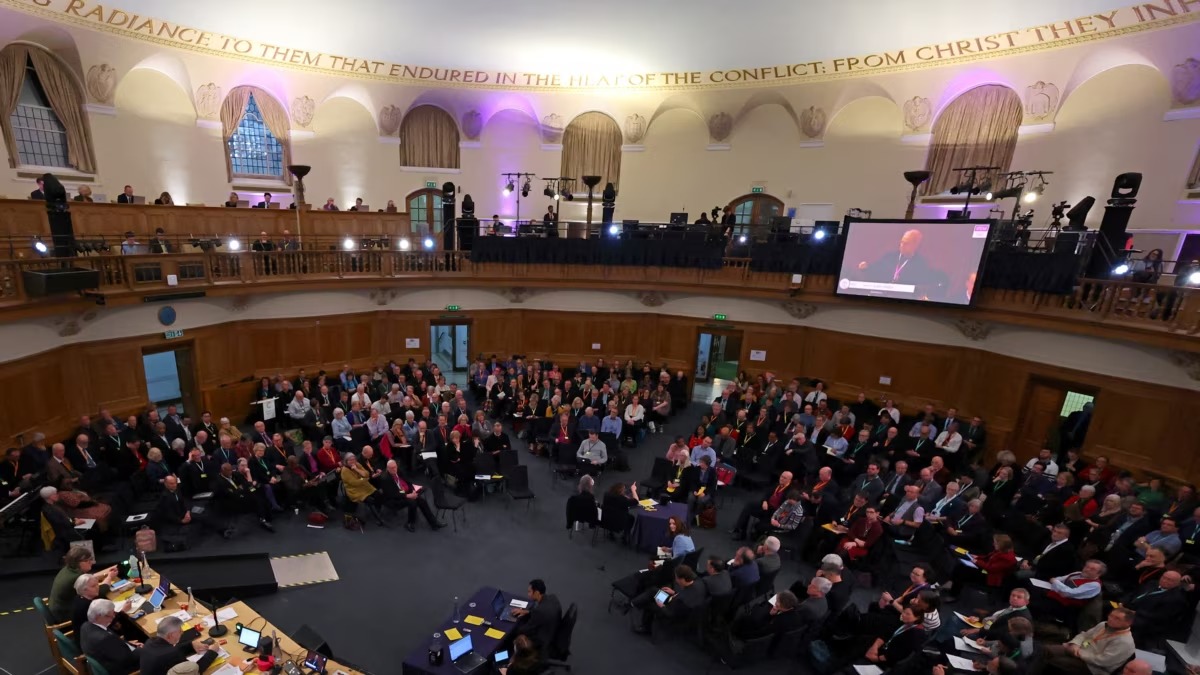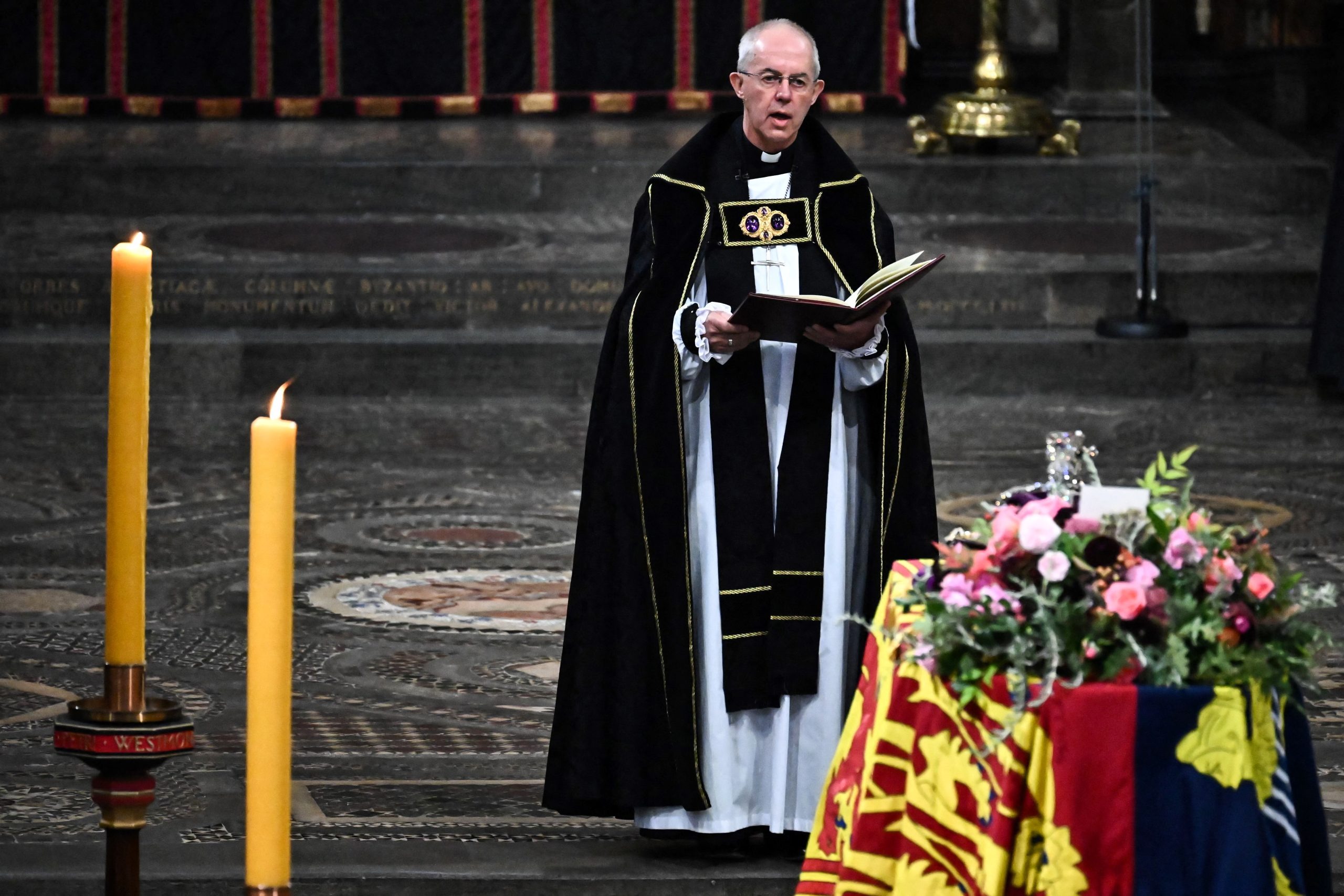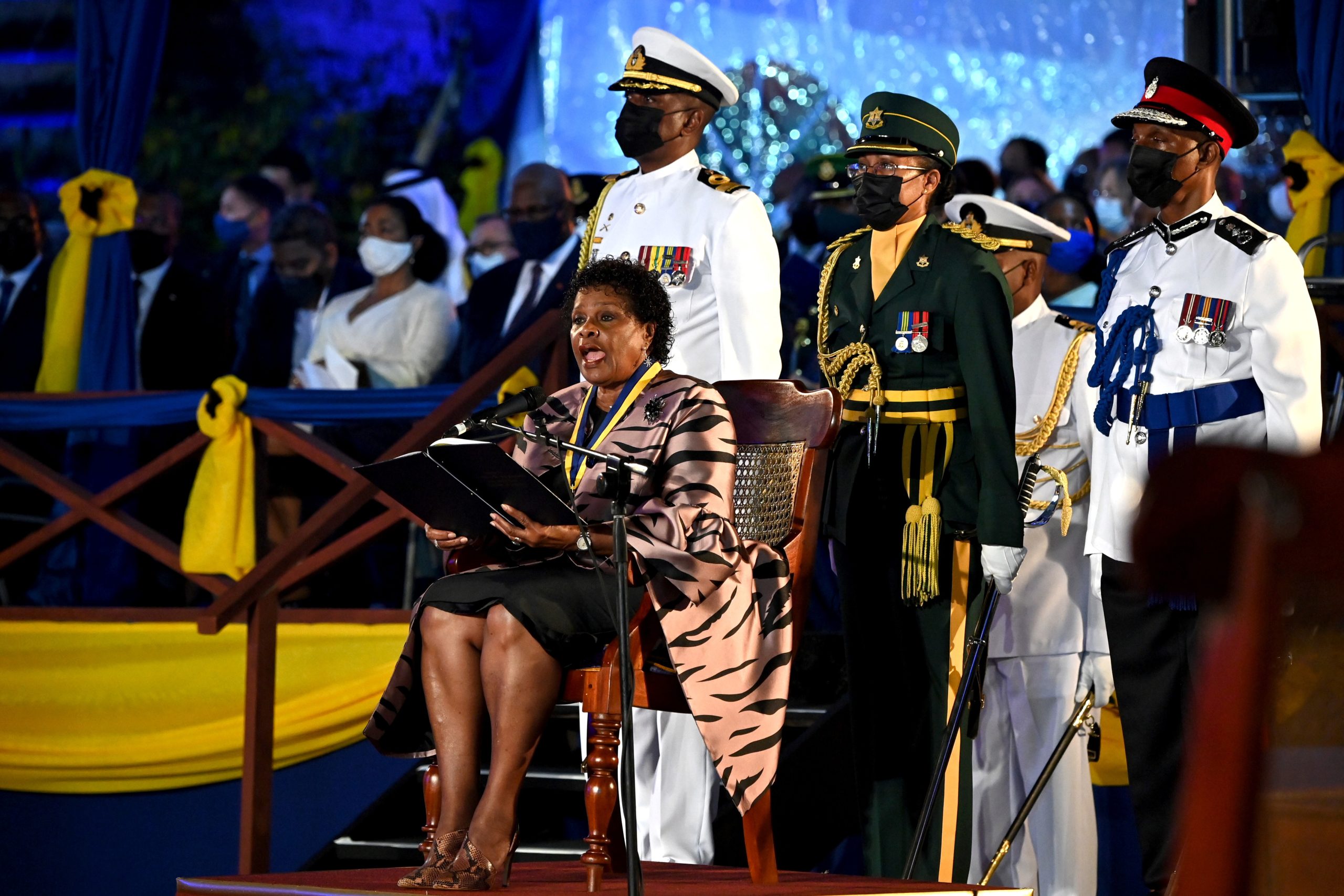The Church of England’s recent announcement to allocate £100 million towards disadvantaged Black communities in the United Kingdom is a step towards addressing historical injustices stemming from its involvement in the transatlantic slave trade.
However, how this restitution is being approached has raised concerns about its sincerity and effectiveness. The transatlantic slave trade, characterized by unimaginable suffering and exploitation, saw millions of Africans forcibly transported across the Atlantic Ocean to be sold into slavery.

Church of England (Credits: VOA Africa)
The Church of England, along with other European institutions, played a significant role in perpetuating this heinous system. By granting Portugal a monopoly on trade in West Africa and endorsing the enslavement of Africans, the church contributed to the commercialization and racialization of slavery.
The £100 million initiative, while commendable in its intention to address historical injustices, has been criticized for its perceived lack of sincerity and depth. Critics argue that the approach taken by the Church of England appears more concerned with political correctness than genuine restitution.
How the restitution is being conducted fails to acknowledge the magnitude of the atrocities committed and the ongoing impact on descendants of enslaved Africans.
The Church of England’s involvement in the transatlantic slave trade cannot be overlooked or downplayed. The church needs to take full responsibility for its past actions and actively engage in meaningful dialogue and reparative measures.

Church of England (Credits: New African Magazine)
This includes acknowledging the role it played in perpetuating slavery, actively supporting initiatives aimed at addressing systemic inequalities, and providing resources and support to communities affected by historical injustices.
The historical context of the transatlantic slave trade underscores the importance of ensuring that any restitution efforts are comprehensive, transparent, and genuinely aimed at redressing the harm caused.
The Church of England must demonstrate a sincere commitment to addressing the legacy of slavery and its ongoing impact on Black communities in the United Kingdom. Only then can meaningful progress be made toward reconciliation and justice.























